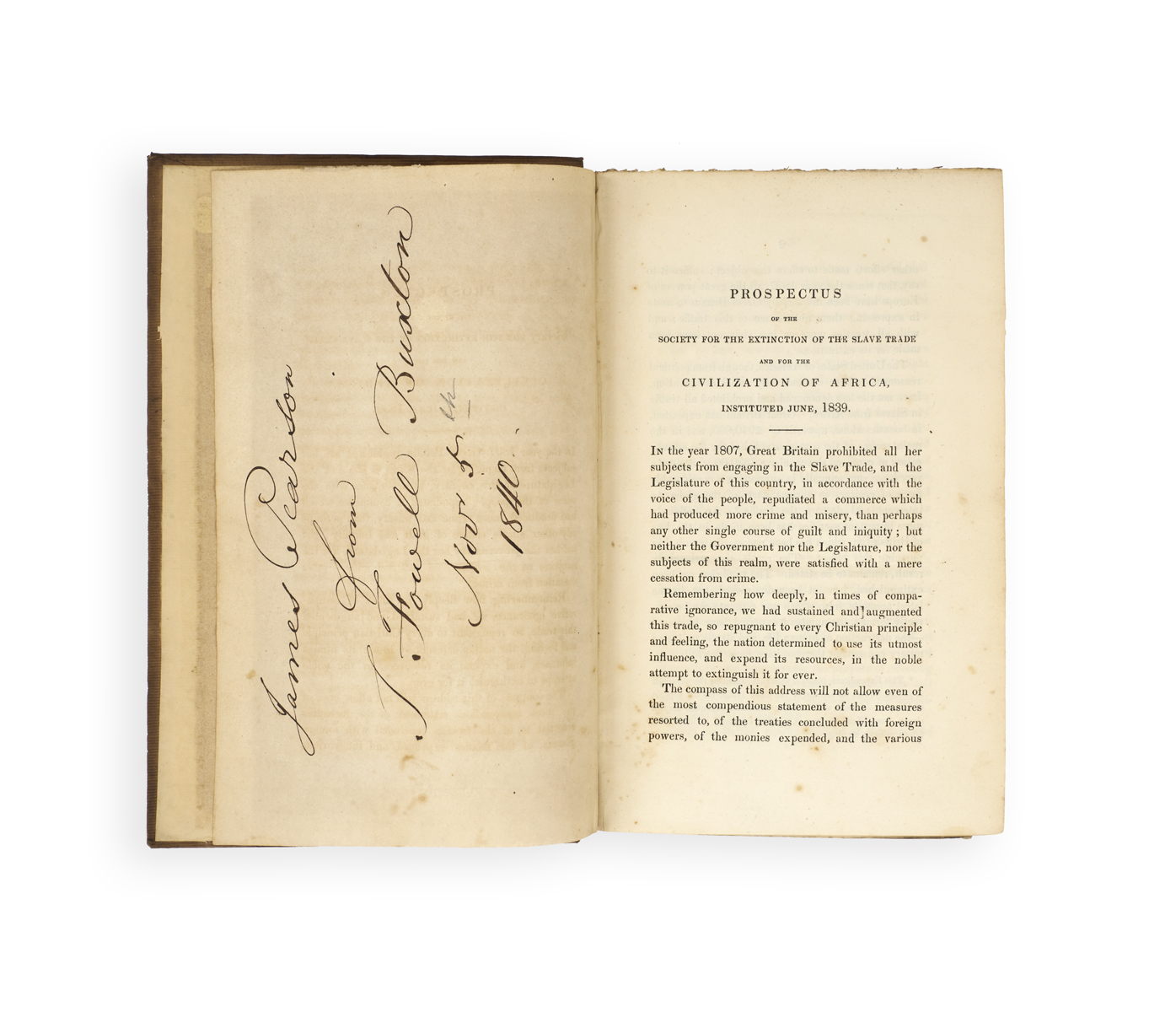JEVONS, William Stanley.
La moneta ed il meccanismo dello scambio.
Milan, Fratelli Dumolard, 1876.
8vo, pp. [2 (blank)], xxix, [1 (blank)], 349, [3 (blanks, errata)]; contemporary half purple pebble-grained cloth with marbled sides, spine lettered directly in gilt, sewn on 3 sunken cords; a few minor scuffs and bumps, nonetheless a very good copy.
Added to your basket:
La moneta ed il meccanismo dello scambio.
First Italian edition of ‘a most readable volume’ (DNB), written quite late in Jevons’s life and published in English the previous year as part of The International Scientific Series. ‘In preparing this volume, I have attempted to write a descriptive essay on the past and present monetary systems of the world, the materials employed to make money, the regulations under which the coins are struck and issued, the natural laws which govern their circulation, the several modes in which they may be replaced by the use of paper documents, and finally, the method in which the use of money is immensely economized by the cheque and clearing system now being extended and perfected’ (Preface).

